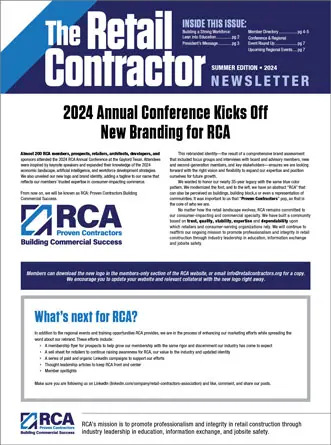Where data privacy and security are vital, the General Data Protection Regulation (GDPR) represents a significant step forward in protecting individuals’ personal information. As organizations worldwide acquire, analyze, and store huge quantities of data, GDPR compliance has become a key responsibility. The deployment of sophisticated risk assessment frameworks, which use a range of tools and methodologies to detect, mitigate, and manage possible data security risks, is a key component of GDPR compliance. In this post, we will go into the area of GDPR Risk Assessment, examining the fundamental tools and approaches organizations may use for effective implementation while also touching on GDPR Certification principles.
Table of contents
· Understanding GDPR and the Need for Risk Assessment
· Key Tools and Techniques for GDPR Risk Assessment
· GDPR Certification
· Conclusion
Understanding GDPR and the Need for Risk Assessment
The GDPR is a comprehensive legislation implemented by the European Union that gives individuals more control over their data. It imposes rigorous standards on organizations that handle sensitive data, regardless of location. The emphasis on data protection by design and default is one of the GDPR’s basic concepts. This implies that organizations must put safeguards in place to guarantee that data security is integrated into all operations.
GDPR risk assessment is a systematic procedure that assists organizations in identifying possible vulnerabilities and risks to personal data protection and security. It enables companies to take proactive steps to prevent data breaches, cultivating consumer trust and avoiding heavy fines that may follow from non-compliance.
Key Tools and Techniques for GDPR Risk Assessment
1. Understanding what data an organization processes and where it flows is a critical stage in the risk assessment process. Data mapping and inventory technologies assist organizations in visualizing the lifetime of personal data, from collection to disposal, and identifying possible risk exposure spots.
2. PIAs are systematic evaluations carried out to analyze the possible impact of a project or procedure on the privacy rights of persons. They assist organizations in identifying and mitigating risks before deploying new systems or procedures, ensuring that data security is a top priority.
3. Identifying possible risks, vulnerabilities, and attack routes that might jeopardize data security is the goal of this method. Organizations can develop effective protections by recognizing the possible hazards.
4. A gap analysis compares an organization’s present data protection practices to GDPR standards. This method assists in identifying areas where the organization falls short and where improvements for compliance must be implemented.
5. Many businesses utilize GDPR-compliant risk assessment templates that may be customized. These templates let organizations evaluate the risks connected with data processing operations in an organized manner.
6. DPIAs, like PIAs, are needed by GDPR for high-risk processing operations. These evaluations systematically assess the possibility and severity of threats to people’s rights and freedoms.
GDPR Certification
GDPR certification is a voluntary procedure that allows organizations to receive an official certificate showing GDPR compliance. While accreditation does not free organizations of their duties, it can publicly demonstrate their dedication to data security. It may also create a competitive advantage by instilling trust in clients and partners, who can be confident that the organization has completed thorough data privacy reviews.
Conclusion
Threats to data privacy and security also exist. The GDPR is a beacon of individual protection, and its effective implementation is significantly reliant on sophisticated risk assessment frameworks. Organizations may proactively identify and manage data protection risks by utilizing tools and techniques such as data mapping, PIAs, threat modelling, gap analysis, and DPIAs. In addition, pursuing GDPR certification demonstrates an organization’s promise to upholding the highest data protection standards. In a world where data breaches may have far-reaching ramifications, investing in GDPR compliance and risk assessment is an investment in both legal compliance and consumer and partner confidence.







 The 2024 virtual Men’s Round Table will be held Q4, 2024, date TBD.
The 2024 virtual Men’s Round Table will be held Q4, 2024, date TBD.












